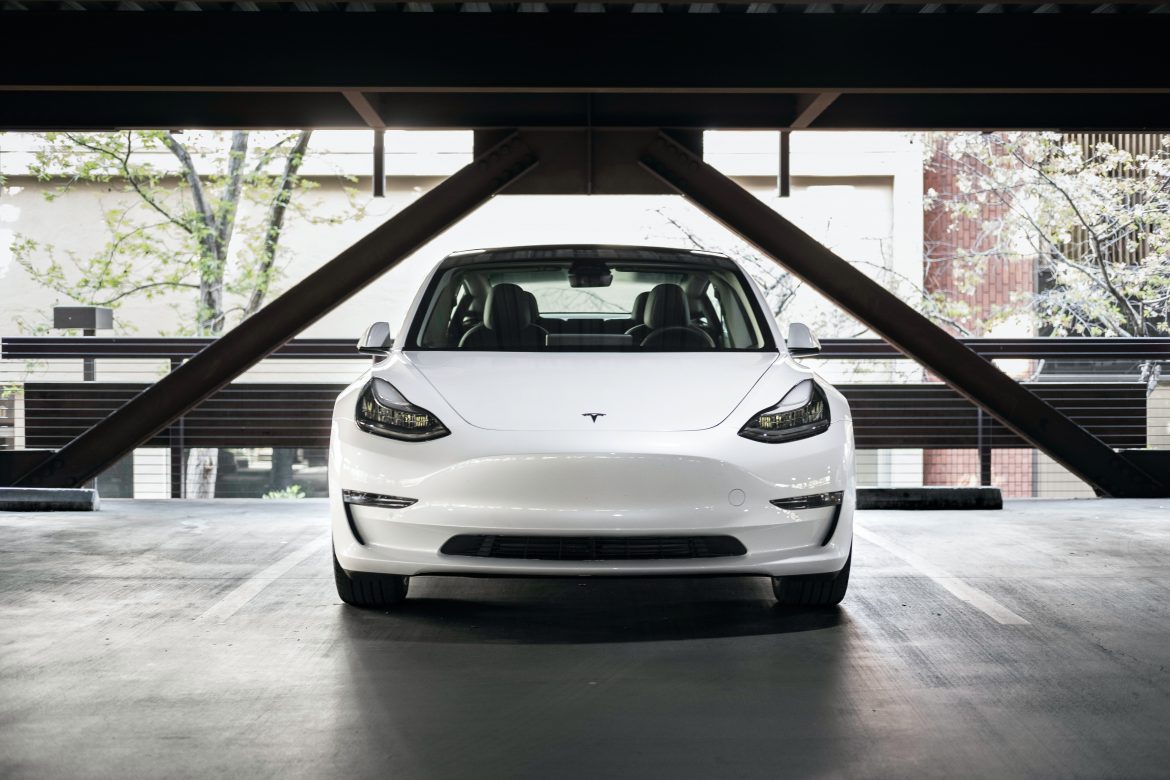Germany-based car rental company Sixt has decided to phase out the electric vehicles from Tesla in its fleet, partly due to the US manufacturer’s frequently changing sales prices. Local media reported an email written by the company to its customers, saying, “We would like to inform you that we are currently not acquiring any more Tesla vehicles. In addition, we are currently reducing the number of Tesla vehicles in our rental car fleet.” The company has Tesla Model 3 and Model Y vehicles in its fleet at some locations in Germany as of 2022.
Residual value risk
The decision comes into being due to the resale value issue with electric cars, and this seems to affect Tesla more than other EV brands. The car rental companies usually sell their cars back to the manufacturer via a “buy back” agreement and thus bear no residual value risk. However, with Tesla, there are no such agreements, as per local media. Moreover, Tesla’s strategy of frequently changing sales prices makes any residual value forecast extremely difficult for the company.
Though it is officially not known how many Tesla cars are a part of the Sixt fleet, it is estimated to be well under 5,000 vehicles worldwide. Also, around six per cent of all cars in the Sixt fleet are currently electric. The company also intends to stick to its overall goal of electrifying 70 to 90 per cent of its fleet by the end of the decade.
What is residual value?
The residual value of a car is the estimated value of the asset at the end of the lease term. It is calculated by a bank or financial institution, typically as a percentage of the manufacturer’s suggested retail price. The residual value of EVs tend to be less than those of combustion engine vehicles whereas their repair costs are also higher.



